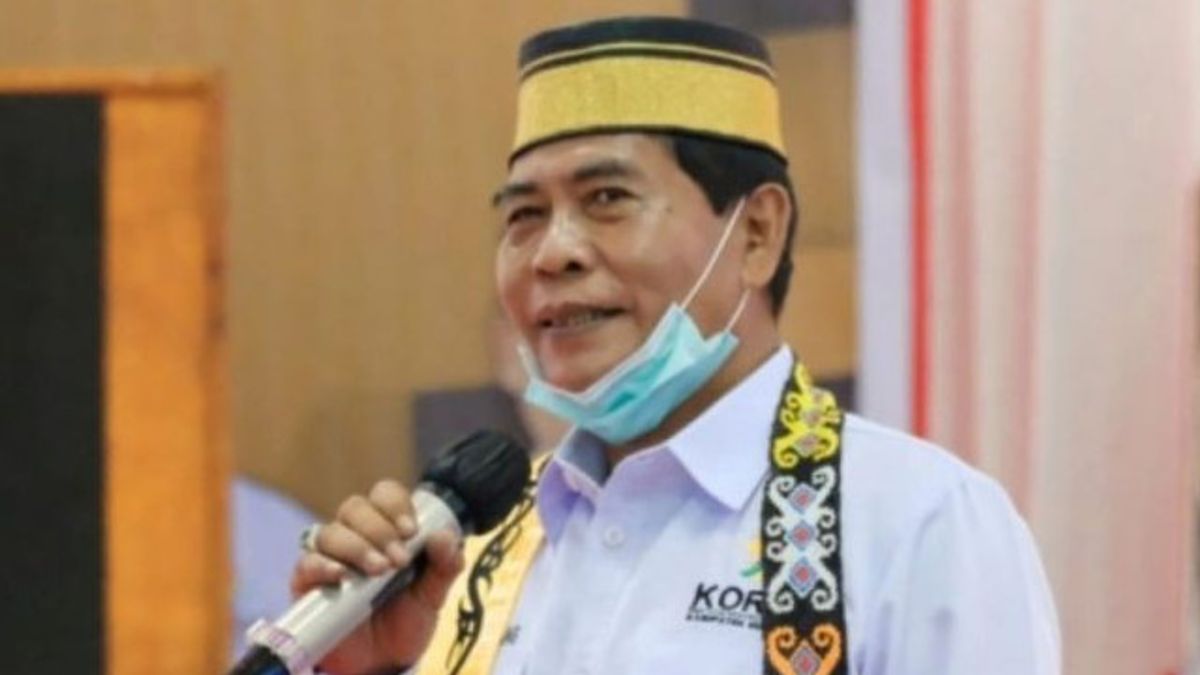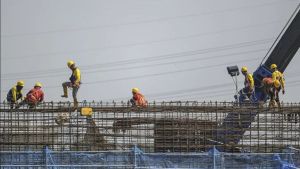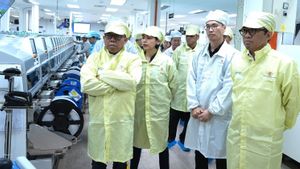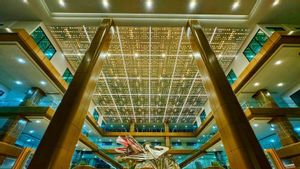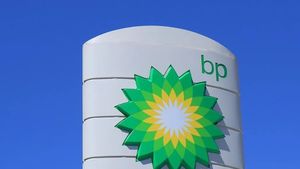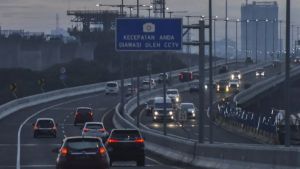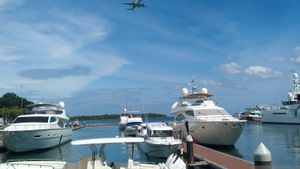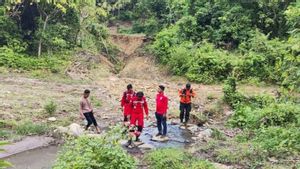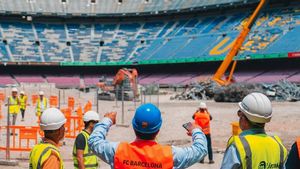JAKARTA - The Governor of North Kalimantan (Kaltara), Zainal Arifin Paliwang is optimistic that Kaltara's economic growth in 2022 will increase compared to 2021 at 3.98 percent, which is driven by, among other things, the development of Industrial Estates and International Ports (KIPI).
"KIPI will have a large multiplier effect for Kaltara's economic growth. Of course, it requires cooperation from all parties, so that the development of this industrial area can run smoothly," said Zainal in a written statement, quoted from Antara, Friday, February 11.
He revealed that the role of the International Industrial and Port Area (KIPI) or the Indonesian Industrial Park Area which was built in Bulungan was predicted to have an impact.
The positive trend of economic growth in Kaltara that occurred throughout 2021 showed an increase of 3.98 percent (c-to-c) when compared to the achievement in 2020.
Regionally, the economic growth of this youngest province is in the second-highest rank after West Kalimantan Province.
"Alhamdulillah, despite the current pandemic conditions, our economic growth can still grow positively and increase compared to last year," said Zainal.
The economy in Kalimantan in 2021 will grow 3.18 percent with the highest growth achieved by West Kalimantan at 4.78 percent. While Kaltara occupied the second position which recorded a growth of 3.98 percent.
The governor said that the growth of the Kaltara economy in 2021 could not be separated from a number of supporting factors. For example, the increase in log production which grew by 15.38 percent.
"Then wood production as an industrial raw material grew by 3.42 percent," said Zainal.
VOIR éGALEMENT:
As well as the increase in the number of coastal communities engaged in seaweed cultivation and the high demand in the fourth quarter, further pushing the fisheries category to grow to 7.29 percent.
Other supporters, year on year (yoy) are in the mining business field which grew by 14.96 percent.
In detail, the oil and gas mining category grew 4.59 percent due to the increase in demand for oil refineries in East Kalimantan. This has an impact on Kaltara. Meanwhile, the processing industry also grew by 3.57 percent.
"This category is supported by a fairly high increase in the chemical industry such as pharmaceuticals and traditional medicines which reached 8.23 percent, followed by growth in the furniture industry by 5.67 percent, and the food and beverage industry by 4.69 percent," said the Governor.
The English, Chinese, Japanese, Arabic, and French versions are automatically generated by the AI. So there may still be inaccuracies in translating, please always see Indonesian as our main language. (system supported by DigitalSiber.id)
